Market Share
Rotary Steerable System Market Share Analysis
Manufacturing, maintenance, and repair of oil extraction equipment are all part of the oilfield industry. Locating energy sources, drilling, and assessing oil sources, storing data, and maintaining the hole for future extraction are all part of the service in the oil and gas industry. Several innovative extraction technologies have boosted the value of the oilfield services industry. To get access to oil and gas deposits from low-permeable geological strata, several operators mix hydraulic fracturing and horizontal drilling techniques.
Because of its widespread application in key end-use sectors, the global oilfield industry is primarily driven by rising demand for enhanced oil recovery. Another significant driver is the increased investment in oil and gas exploration in the Middle East and North Africa (MENA) area, which is driving demand for oilfield services in shale gas production.
To meet the growing demand for oil and gas the new oilfields are discovered. In recent years, several new oilfields have been discovered, including a 2400-square-kilometer area in Iran's Khuzestan region. A total of 155.6 billion barrels of crude oil were predicted to be in the field. In addition, continuous deep-water oil, and gas development in the Atlantic Ocean basins, as well as huge reservoirs in Brazil, Western Africa, and the Gulf of Mexico, are expected to create opportunities in the oilfield services business.
For instance, Kuwait has discovered two new oil fields and new reserves at the old Great Burgan oil field. Kuwait's Oil Minister and Minister of Electricity and Water, Mohammad al-Faris, confirmed the fresh findings in a statement released by Kuwait's national news agency Kuna. Kuwait has discovered two new oil fields and new reserves at the old Great Burgan oil field. Kuwait's Oil Minister and Minister of Electricity and Water, Mohammad al-Faris, confirmed the fresh findings in a statement released by Kuwait's national news agency Kuna.


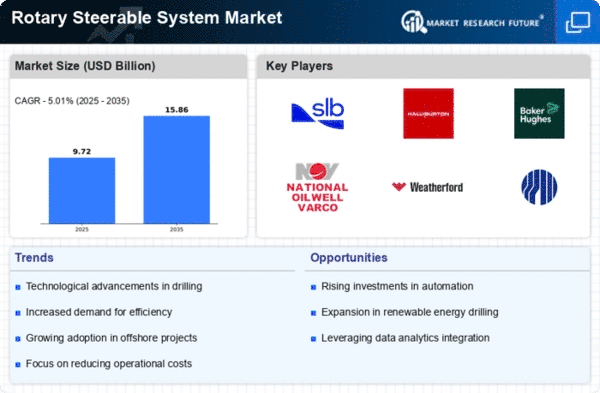
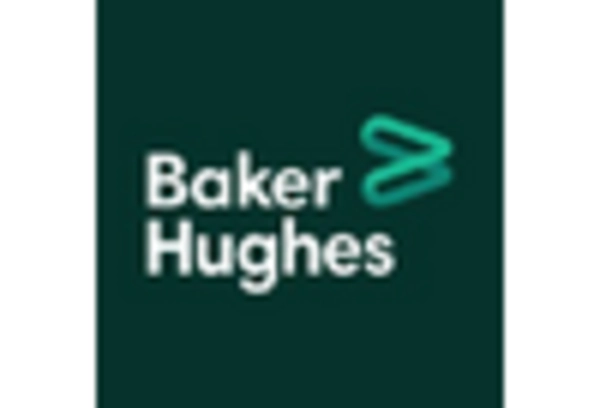
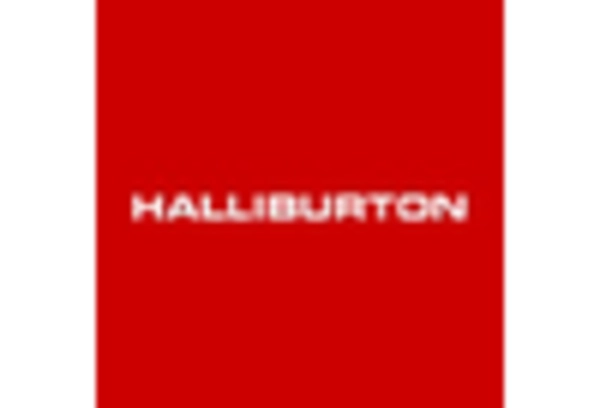
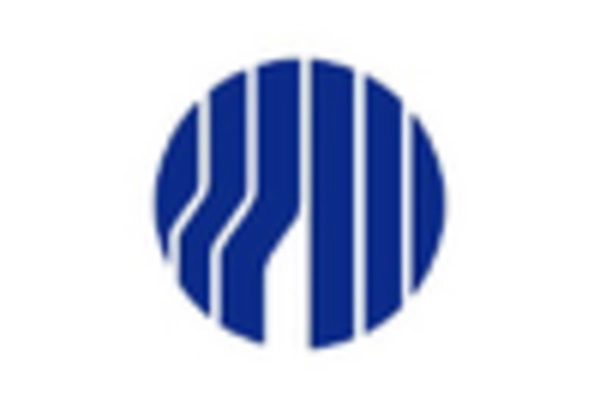
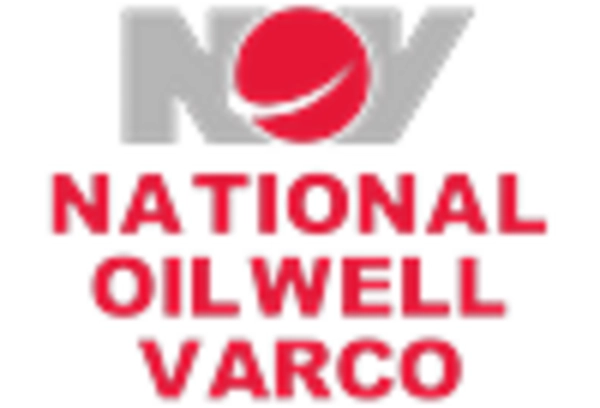
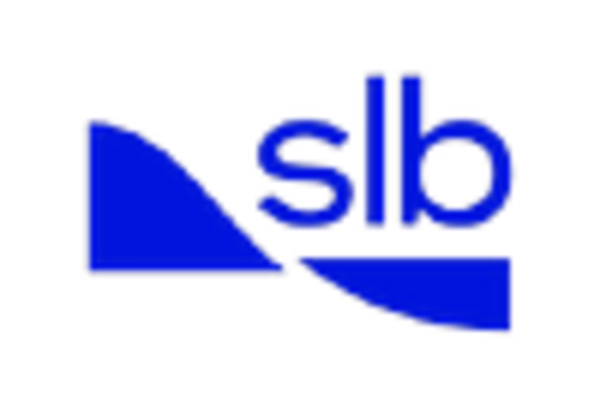
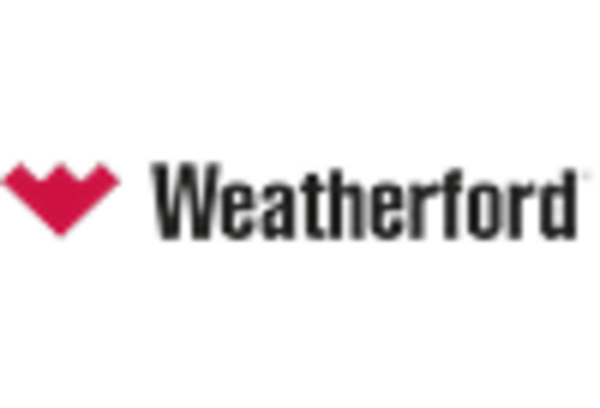










Leave a Comment